- Arakan Army signals willingness to forge strategic partnership with Bangladesh’s new government
- Internet blackout in Arakan State hampers emergency aid delivery
- Arakan residents call for air raid warning systems amid surge in junta airstrikes
- Arakan’s Breathing Space (or) Mizoram–Arakan Trade and Business
- Death toll rises to 18 after junta airstrike on Ponnagyun village market
Journalists’ groups criticise UEC treatment of media
Seven journalists’ groups have found fault with the Union Election Commission’s treatment of members of the media who covered the 2020 campaign and November 8 general election, accusing commission staff of intimidation and unnecessarily hindering reporters on the job.
13 Nov 2020
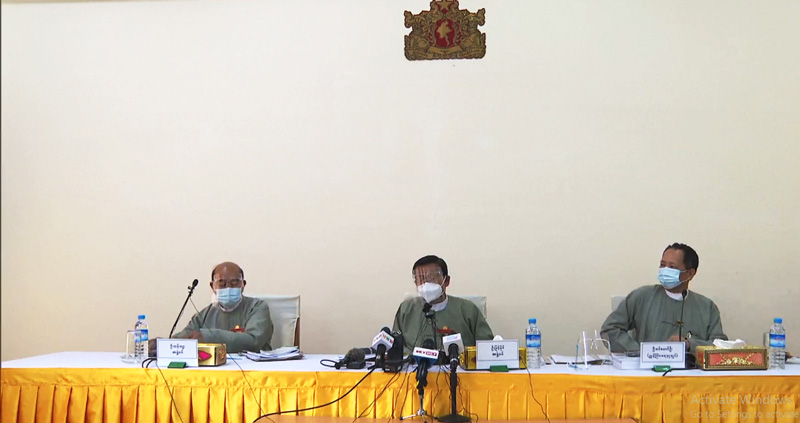
Nyan Hein | DMG
13 November 2020, Sittwe
Seven journalists’ groups have found fault with the Union Election Commission’s treatment of members of the media who covered the 2020 campaign and November 8 general election, accusing commission staff of intimidation and unnecessarily hindering reporters on the job.
In a joint statement on November 13, the seven groups took issue with remarks made by UEC officials two days earlier at a press conference in Nay Pyi Taw. The journalists accused the UEC of threatening freedom of expression when it said journalists could face legal action for some of their Election Day reporting activities.
“The main thing is when the reporter asked questions, they said a case can be filed for making ‘false information’ and ‘deterrence of a public servant from discharge of duties,’” said U Naing Min Wai, joint secretary of the Myanmar Journalist Network.
“These are like intimidations. In other words, the UEC’s attitude toward the media is clear. We cannot accept these words,” he told DMG.
Among the seven groups signing on to Friday’s statement are several associations and networks including ones representing reporters in southern Myanmar, Shan State and Ayeyarwady Division, as well as the Myanmar Women Journalists Society and the nationally prominent Myanmar Journalist Network.
Their statement said there were instances where reporters were denied interviews during the election and advance voting periods, and were not allowed to enter polling stations, which limited reporting on the electoral process.
“We faced difficulties in reporting. There were restrictions from township election subcommission chairs. There were instances where we could not take photos and use video cameras in certain polling stations,” said Ko Naung Naung, a reporter for the broadcaster DVB.
“Though there were directives about COVID-19, the township election subcommission chair did not allow cameras inside. We were restricted in that way,” he added.
Ko Nay Myo Lin, a freelance reporter in Arakan State, said he encountered some difficulties on November 8 when he went to cover the election.
“The main thing was with polling station officers. Some did not allow us to take pictures inside the polling station compound. We did not go inside the booths. We were told not to take pictures of those coming in to vote inside the compound. There were some places where they closed the doors of the compounds,” he said.
The statement from the journalists’ groups urged the UEC to review and revise its restrictions and regulations on reporters’ information gathering to avoid any recurrence of the problems in future elections.




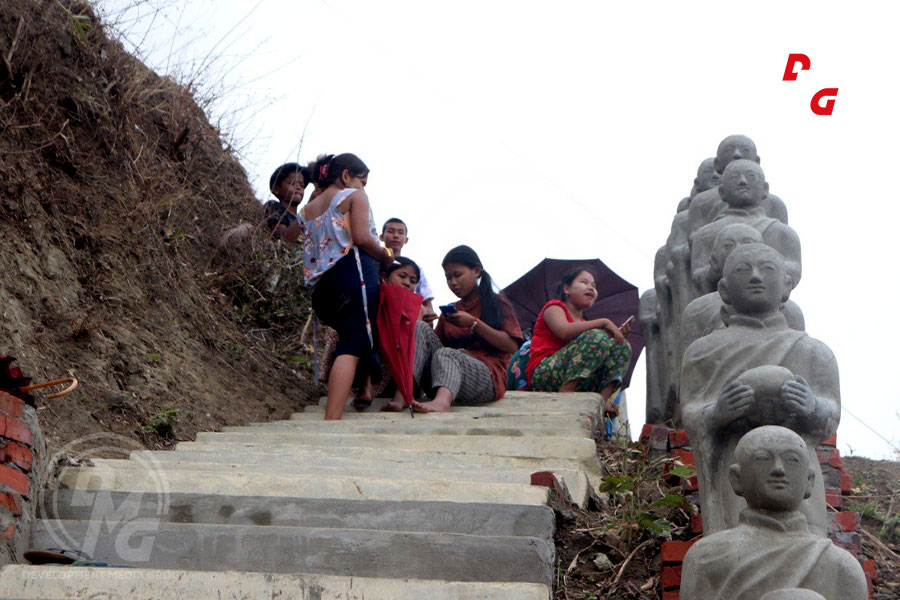
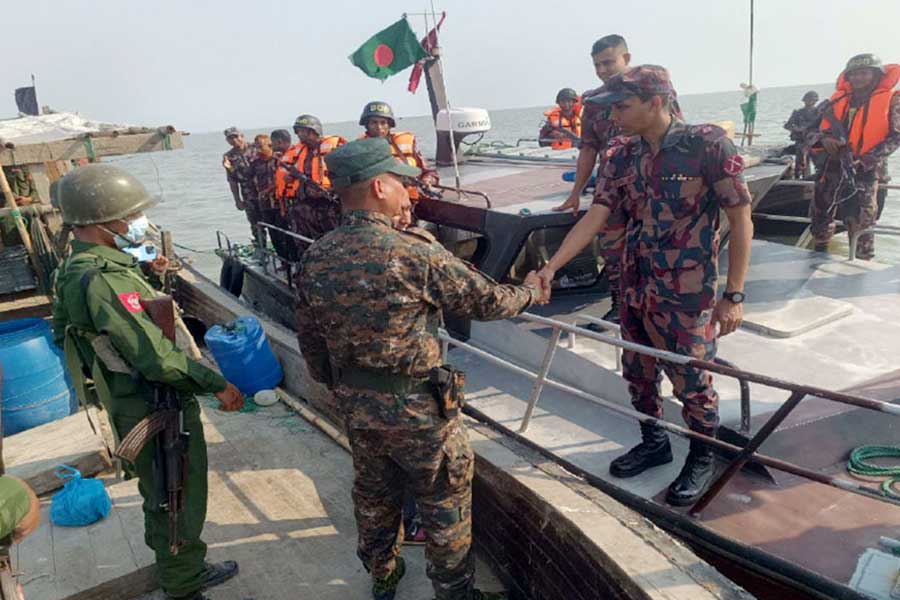
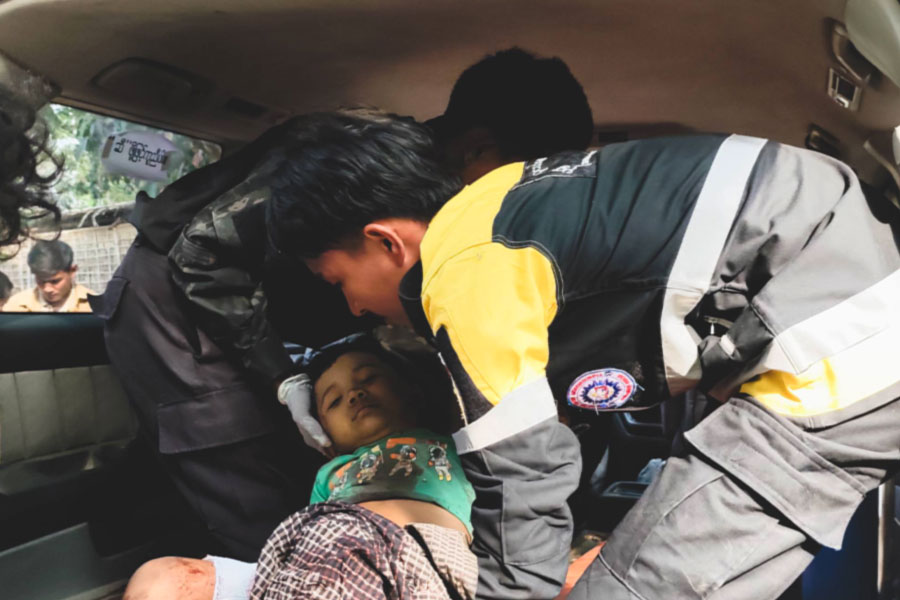
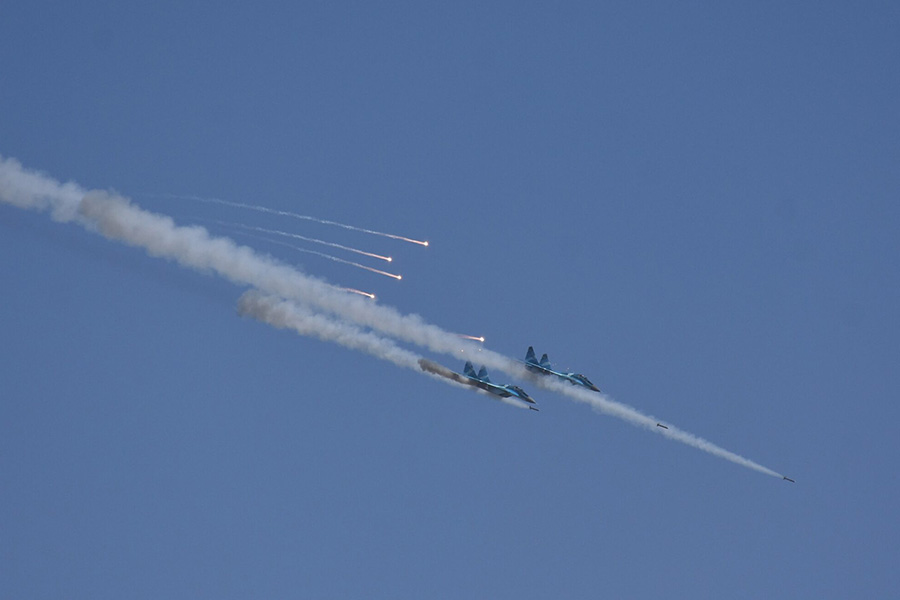
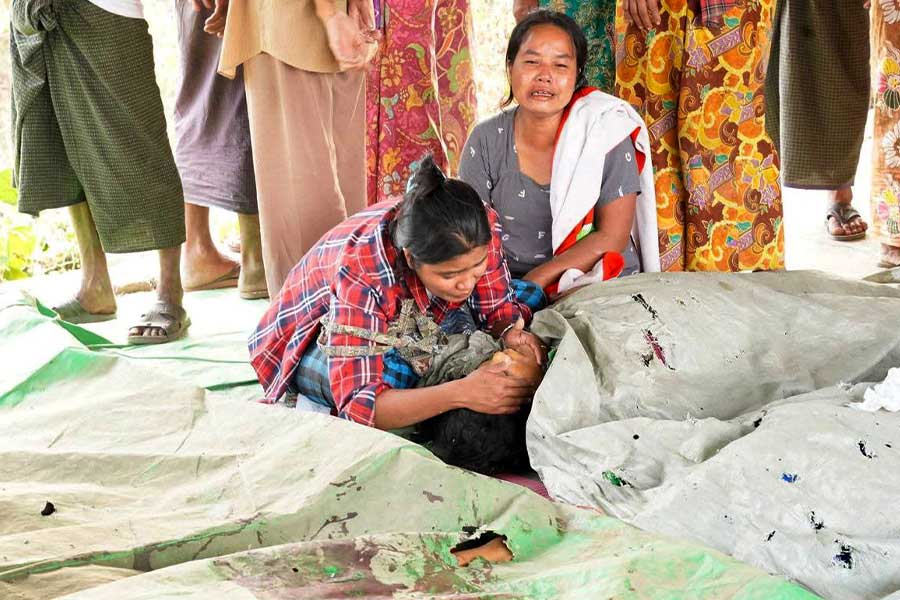








.jpg)